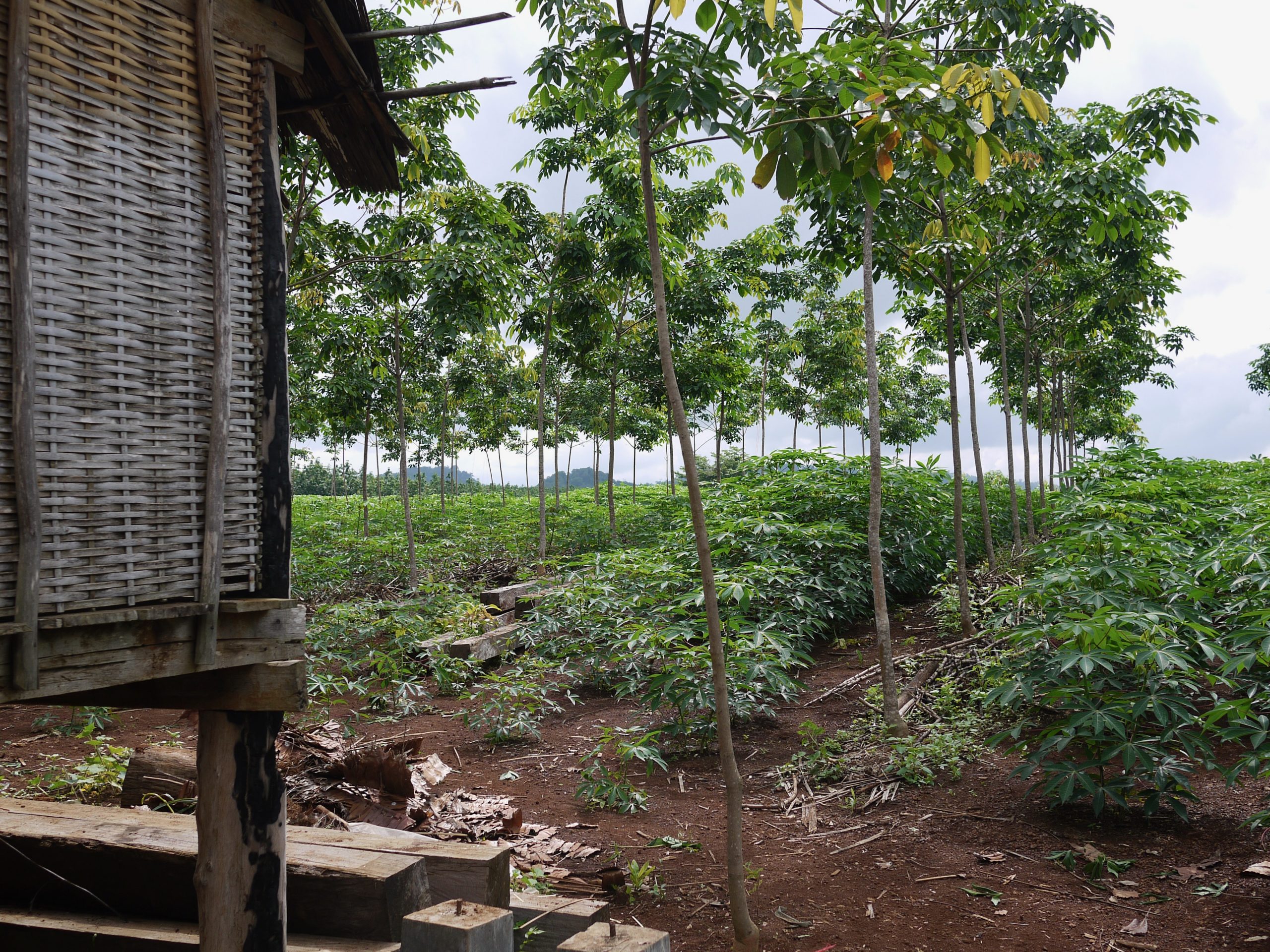
The Research problem
GENEXTRACT investigates the everyday politics of climate change via a comparative study of environmental activism among rural women and men. This includes peasants, indigenous peoples, pastoralists, and other rural groups in Africa, Asia, and Latin America. We explain how and why policies causing deforestation, pollution, and degradation are resisted by those directly dependant on natural resources for their livelihood. We underscore rural women’s roles in environmental activism to understand their distinct demands for, and contributions to climate change mitigation. This recasts them as more than a “vulnerable” group, rather as political actors capable of mobilising around their specific needs. The aim of GENEXTRACT is thus to generate in-depth, empirically driven, comparative research that centres gendered power relations, social inequality, and collective agency in the study of climate politics.
Research Design
We seek to develop a comparative framework to understand how gender relations in agriculture differently impact environmental activism and the similarities/differences in claim-making based on state structures across different geographical contexts. Our activities centre on conceptualising, refining, and producing an academic journal special issue that showcases research on the Global South, led by scholars based in/from these regions in the fields of gender and development, critical agrarian studies, climate change, rural development, and feminist political ecology. Using empirical evidence generated from qualitative field based empirical research, GENEXTRACT brings to light the everyday, local, and context-specific dimensions of climate change adaptation, the political struggles that underpin these, and the complexities of seeking climate justice that overlaps with social dynamics of gender, class and ethnicity.
Project Objectives